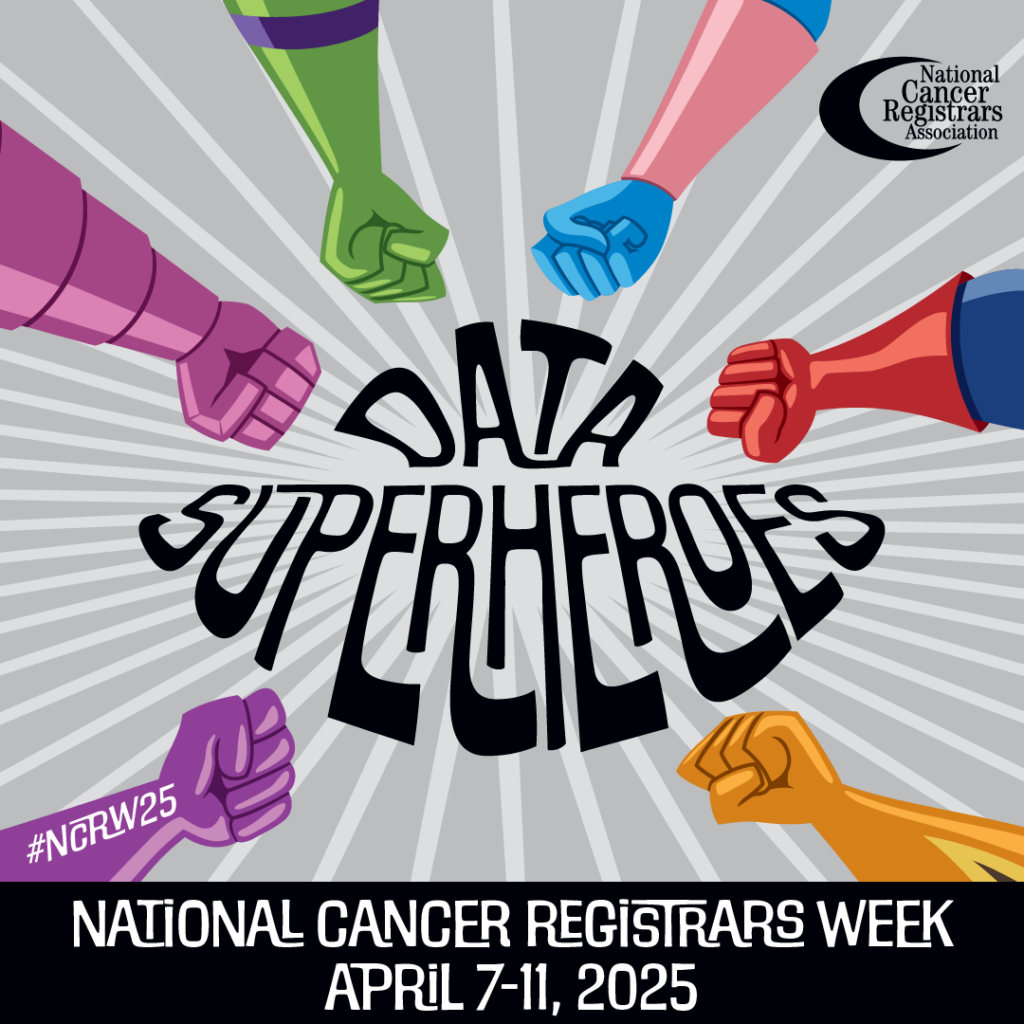Clinical Corner - July 2025
The Pandemic’s Effect on Colorectal Cancer
The importance of documenting COVID-19 within cancer registries and understanding the pandemic’s effects across various cancer sites has been previously highlighted in this column. Among these, colorectal cancer (CRC) was especially noteworthy where a reduction in screening activities—from 28% to 100%—was reported in different countries and at different times after the onset of the pandemic. This decline was also reflected in the National Cancer Database (NCDB), one of the world’s largest cancer registries, which reported a 14.4% decrease in cancer diagnosis during the pandemic’s first year.
To understand the initial impact of the pandemic on CRC presentation, a recent study relied on NCDB data, hypothesizing a notable rise in advanced-stage CRC diagnoses in 2020, including a higher prevalence of metastatic disease than in prior years. A key contributor to this trend was the widespread cancellation of elective surgical procedures due to the pandemic. Globally, more than 21 million surgeries were estimated to have been cancelled during the early months of 2020, largely out of concern for patient and staff safety. Unfortunately, despite guidance from governments and surgical societies urging that oncological curative surgeries should proceed whenever possible, many patients still faced treatment delays.
These delays had a measurable impact. NCDB data revealed that although the pandemic had a substantial impact on the stage of presentation of malignancies, this impact was not experienced equally across the U.S. population. Black patients and those without insurance or covered by Medicaid were disproportionately affected, presenting more frequently with advanced-stage disease. Additionally, there was a clear inverse relationship between annual income and disease stage at diagnosis for colon cancer, with lower-income individuals more likely to be diagnosed at later stages.
Racial and socioeconomic disparities in CRC outcomes are longstanding and well-documented. Black patients, for example, typically present at more advanced disease stages and experience worse outcomes. Income related barriers often limit access to healthcare services, making individuals less likely to undergo curative surgery or receive specialized care. The pandemic only deepened these inequities, further delaying care for already underserved populations.
In conclusion, the COVID-19 pandemic led to a measurable increase in the incidence of advanced-stage CRC at presentation, disproportionately impacting vulnerable communities. This trail of advanced disease will impact the healthcare system for years. Future preparedness requires targeted strategies to reduce the time from symptom onset to screening and ensure equitable access to care, especially for socioeconomically disadvantaged individuals.
One limitation of the study was its scope, capturing only the initial impact of the first nine months of the pandemic on CRC. To assess its true and lasting effects, a new analysis that incorporates 2021 through 2025 data will be essential to provide a more comprehensive understanding of its impact. This will be a wonderful opportunity for our ODS community to become involved in this work!

